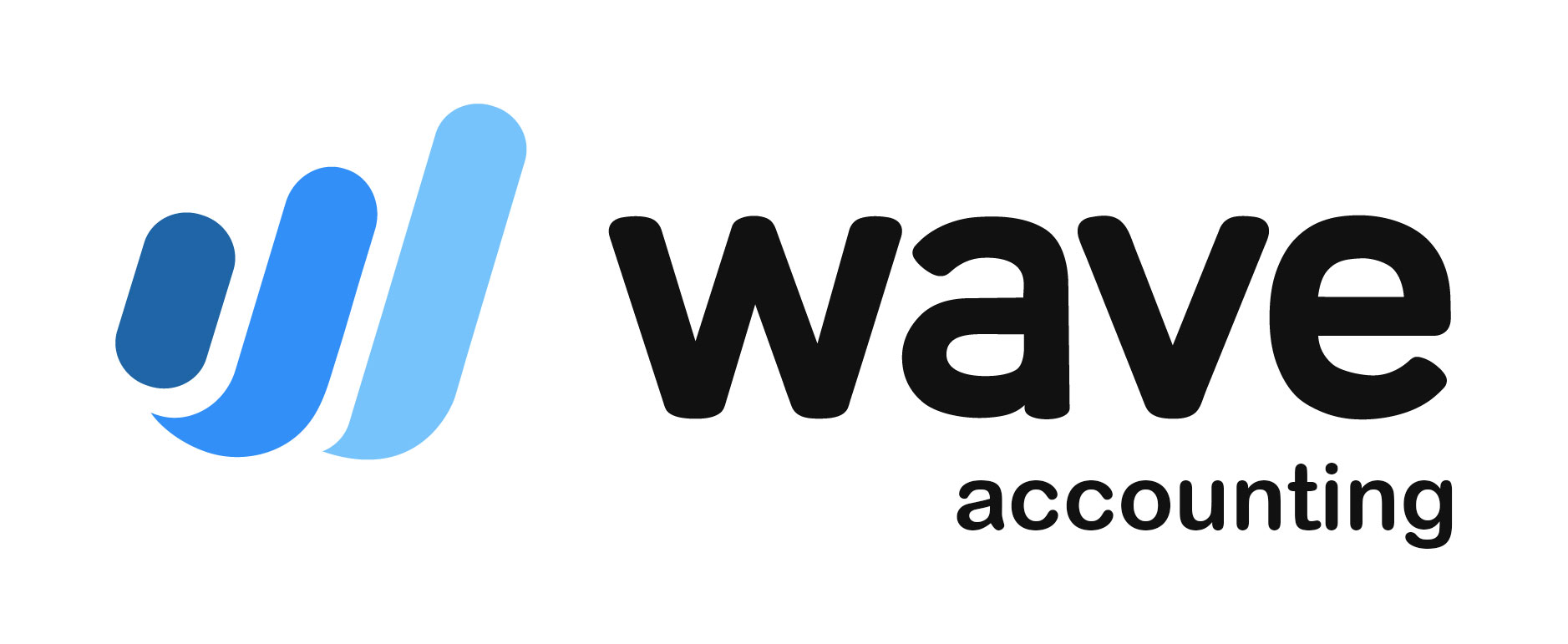How to Hire a Freelance Portfolio Website Developer

Are you looking for a Portfolio Website Developer?
Click the pink button to learn more ...
Why hire a freelance portfolio website developer
Hiring a freelance portfolio website developer can offer numerous benefits for businesses and individuals alike.
One of the main reasons to hire a freelance developer is the flexibility they provide.
Unlike hiring a full-time employee, freelancers can be hired on a project-by-project basis, allowing businesses to scale their website development needs according to their requirements.
Additionally, freelance developers often have a diverse range of skills and expertise, allowing them to create unique and customized portfolio websites that align with the client's vision.
Moreover, freelancers are often more cost-effective compared to hiring an in-house developer, as they typically charge lower rates and do not require additional benefits or office space.
Overall, hiring a freelance portfolio website developer can be a strategic and cost-efficient decision for businesses and individuals looking to create a professional and visually appealing online presence.
Benefits of hiring a freelance portfolio website developer
Hiring a freelance portfolio website developer offers numerous benefits for businesses and individuals looking to create a professional and visually appealing online presence.
One of the key advantages is the flexibility and cost-effectiveness that comes with hiring a freelancer.
Unlike hiring a full-time employee or a web development agency, freelancers typically work on a project basis, allowing you to scale your website development needs based on your requirements and budget.
Additionally, freelance developers often have a diverse range of skills and experience, which enables them to bring fresh ideas and innovative approaches to your website design.
Moreover, working with a freelancer provides a more personalized and collaborative experience, as you have direct communication with the developer throughout the entire process.
This ensures that your vision and goals are accurately translated into a unique and tailored website that reflects your brand identity.
Overall, hiring a freelance portfolio website developer offers flexibility, cost-effectiveness, creativity, and personalized attention, making it an excellent choice for anyone seeking to create an impressive online portfolio.
Overview of the article
In this article, we will provide an overview of the key aspects to consider when hiring a freelance portfolio website developer.
Building a portfolio website is crucial for freelancers as it showcases their skills, expertise, and previous work to potential clients.
We will discuss the importance of defining project requirements, conducting thorough research, and evaluating the developer's portfolio and experience.
Additionally, we will explore the benefits of hiring a freelance developer, such as cost-effectiveness, flexibility, and access to specialized skills.
By the end of this article, readers will have a clear understanding of the steps involved in hiring a freelance portfolio website developer and be equipped with the knowledge to make informed decisions.
Understanding the Role of a Freelance Portfolio Website Developer
Skills and expertise required
To hire a freelance portfolio website developer, certain skills and expertise are required.
The developer should have a strong understanding of web development languages such as HTML, CSS, and JavaScript.
They should also be proficient in using content management systems like WordPress or Drupal.
Additionally, knowledge of responsive design principles and experience with front-end frameworks like Bootstrap or Foundation is essential.
The developer should have a keen eye for design aesthetics and be able to create visually appealing and user-friendly websites.
Strong problem-solving and troubleshooting skills are also necessary to handle any technical issues that may arise.
Finally, excellent communication and collaboration skills are important for effectively working with clients and understanding their requirements.
By ensuring that the freelance portfolio website developer possesses these skills and expertise, you can hire a competent professional who will deliver a high-quality website for your business.
Responsibilities of a freelance portfolio website developer
A freelance portfolio website developer has several responsibilities to ensure the successful development and implementation of a client's portfolio website.
Firstly, they need to understand the client's requirements and goals for their portfolio website.
This includes discussing the design, functionality, and target audience of the website.
Once the requirements are clear, the developer is responsible for creating a visually appealing and user-friendly website that showcases the client's work effectively.
They need to have a strong understanding of web development technologies and coding languages to implement the desired features and functionality.
Additionally, the developer should ensure that the website is responsive and optimized for different devices and screen sizes.
They should also perform regular maintenance and updates to keep the website running smoothly and secure from any vulnerabilities.
Overall, a freelance portfolio website developer plays a crucial role in helping clients showcase their work and attract potential employers or clients through an impressive online portfolio.
Importance of a portfolio website for freelancers
A portfolio website is essential for freelancers as it serves as a powerful tool to showcase their skills, experience, and previous work to potential clients.
It allows freelancers to present themselves professionally and demonstrate their expertise in a visually appealing and organized manner.
A well-designed portfolio website can help freelancers stand out from the competition and leave a lasting impression on clients.
It provides a centralized platform where freelancers can display their best work, testimonials, and contact information, making it easier for clients to evaluate their capabilities and get in touch.
By having a portfolio website, freelancers can establish their online presence, build credibility, and attract a wider range of clients.
It also enables freelancers to share their portfolio easily with others, whether it's through social media, email, or networking events.
In today's digital age, having a portfolio website is no longer optional but rather a necessity for freelancers looking to succeed in their careers.
Finding the Right Freelance Portfolio Website Developer
Defining your requirements
When it comes to hiring a freelance portfolio website developer, it is crucial to define your requirements clearly.
This step is essential as it helps you find the right developer who can meet your specific needs and expectations.
Start by identifying the purpose of your portfolio website and the features you want to include.
Consider factors such as the design aesthetic, functionality, and user experience.
Additionally, think about any specific industry or niche requirements that may be relevant.
By clearly defining your requirements, you can streamline the hiring process and ensure that the developer you choose is the best fit for your project.
Researching and shortlisting potential developers
When it comes to researching and shortlisting potential freelance portfolio website developers, it is important to take a systematic approach.
Start by conducting a thorough online search and explore different platforms and websites that specialize in connecting freelancers with clients.
Look for developers who have experience in building portfolio websites and have a strong portfolio showcasing their previous work.
Additionally, read client reviews and ratings to get an idea of their professionalism and reliability.
Once you have a list of potential developers, reach out to them and discuss your project requirements in detail.
Ask for their pricing, turnaround time, and any additional services they offer.
This will help you narrow down your options and choose the developer who best fits your needs and budget.
Evaluating portfolios and previous work
When evaluating portfolios and previous work of freelance portfolio website developers, it is important to consider several factors.
Firstly, examine the overall design and layout of the websites in their portfolio.
Look for a clean and modern aesthetic, as well as intuitive navigation and user-friendly interfaces.
Additionally, assess the functionality and responsiveness of the websites across different devices and screen sizes.
It is also crucial to evaluate the range of industries and clients the developer has worked with, as this demonstrates their versatility and ability to adapt to different project requirements.
Finally, take note of any positive feedback or testimonials from previous clients, as this can provide valuable insights into the developer's professionalism and quality of work.
By carefully evaluating portfolios and previous work, you can ensure that you hire a freelance portfolio website developer who meets your specific needs and expectations.
Communication and Collaboration
Establishing clear communication channels
Establishing clear communication channels is crucial when hiring a freelance portfolio website developer.
Effective communication ensures that both parties are on the same page and have a clear understanding of project requirements, timelines, and expectations.
It allows for smooth collaboration, timely updates, and the ability to address any issues or concerns that may arise during the development process.
By establishing clear communication channels from the beginning, you can ensure a successful partnership and a high-quality end result for your portfolio website.
Setting expectations and project milestones
Setting expectations and project milestones is crucial when hiring a freelance portfolio website developer.
Clearly defining your requirements and objectives at the beginning of the project helps ensure that both parties are on the same page.
It is important to discuss and agree upon the timeline, deliverables, and any specific features or functionalities you desire for your website.
By setting realistic expectations and establishing clear project milestones, you can effectively track the progress of the development and make necessary adjustments along the way.
This not only helps in avoiding misunderstandings but also enables the developer to provide you with a website that meets your expectations and delivers the desired results.
Collaborating effectively with the developer
Collaborating effectively with the developer is essential to ensure a successful freelance portfolio website project.
Communication is key in this process, and it is important to establish clear expectations and goals from the beginning.
Regular check-ins and updates are crucial to keep the project on track and address any issues or concerns that may arise.
It is also important to provide timely feedback and be open to the developer's suggestions and expertise.
By maintaining a collaborative and open relationship, both parties can work together to create a portfolio website that meets the client's needs and exceeds their expectations.
Negotiating Rates and Contracts
Understanding pricing models
When it comes to hiring a freelance portfolio website developer, it is important to understand the different pricing models that are commonly used.
The pricing models can vary depending on the complexity of the project, the experience and skill level of the developer, and the specific requirements of the client.
Some common pricing models include hourly rates, fixed project fees, and retainer agreements.
Hourly rates are typically based on the amount of time the developer spends working on the project, while fixed project fees are a set amount agreed upon before the project begins.
Retainer agreements involve a monthly fee for ongoing support and maintenance.
It is essential for clients to have a clear understanding of the pricing model that best suits their needs and budget before hiring a freelance portfolio website developer.
Negotiating rates and project budgets
Negotiating rates and project budgets is a crucial aspect of hiring a freelance portfolio website developer.
It is important to establish clear expectations and discuss financial matters upfront to ensure a successful collaboration.
When negotiating rates, both parties should consider the complexity of the project, the developer's experience and expertise, and the market rates for similar services.
Additionally, discussing project budgets is essential to avoid any misunderstandings and ensure that the developer can deliver the desired results within the allocated resources.
Effective communication and transparency during the negotiation process can lead to a mutually beneficial agreement that satisfies both the client and the developer.
Drafting and signing contracts
When it comes to drafting and signing contracts, it is essential to ensure that both parties are clear on the terms and conditions of the agreement.
Hiring a freelance portfolio website developer requires a well-written contract that outlines the scope of work, payment terms, project timeline, and any other relevant details.
This contract serves as a legal document that protects both the client and the developer, establishing expectations and responsibilities.
By carefully reviewing and discussing the contract before signing, both parties can have peace of mind knowing that they are entering into a professional and mutually beneficial partnership.
Managing the Freelance Portfolio Website Development Project
Setting project timelines and deadlines
Setting project timelines and deadlines is crucial when hiring a freelance portfolio website developer.
This step ensures that both parties are on the same page regarding the project's timeline and deliverables.
By establishing clear deadlines, the client can effectively manage their expectations and monitor the progress of the development process.
Moreover, setting project timelines allows the developer to plan their workload and allocate sufficient time for each task.
This helps in maintaining a smooth workflow and ensures timely completion of the project.
Overall, effective project timeline and deadline setting is essential for a successful collaboration between the client and the freelance portfolio website developer.
Providing feedback and revisions
Providing feedback and revisions is an essential part of the freelance website development process.
It allows clients to communicate their preferences, suggest changes, and ensure that the final product meets their expectations.
When providing feedback, it is important to be specific and constructive, highlighting what you like and what can be improved.
This helps the developer understand your vision and make the necessary adjustments.
Additionally, being open to revisions is crucial in achieving the desired outcome.
Collaborating with the developer and actively participating in the feedback and revision process will ultimately result in a portfolio website that perfectly showcases your brand and meets your goals.
Ensuring timely delivery and quality assurance
When hiring a freelance portfolio website developer, it is crucial to ensure timely delivery and quality assurance.
Timely delivery is important to meet project deadlines and ensure that your website is launched on time.
To ensure this, you can establish clear communication channels and set realistic milestones and deadlines.
Additionally, it is essential to emphasize the importance of quality assurance.
This involves thoroughly testing the website for functionality, responsiveness, and compatibility across different devices and browsers.
By prioritizing timely delivery and quality assurance, you can ensure that your freelance portfolio website developer delivers a high-quality website that meets your expectations.
Are you looking for a Portfolio Website Developer?
Click the pink button to learn more ...



